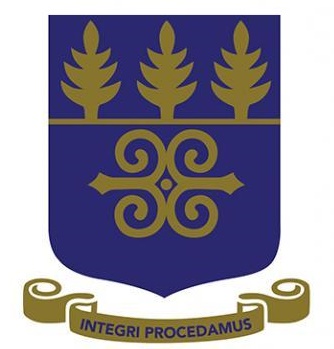GEOG 344 3 Credit Hours
Geographic Information Systems (GIS) Applications
This information is for second semester 2017/2018 academic year
Teacher responsible
Dr. A.B. Owusu Dr. G.A.B. Yiran
Availability
This course is available open to all visiting students but only as a second semester course.
Course content
GEOG 344 is introductory GIS course open to all Geography Students of the Department of Geography and Resource Development, UG Legon who have taken Geog 327. Any other student interested in taking this class must first seek the approval of the Lecturer. This course is meant to expose students to the world of GIS, its unique data types and the analysis of the data to solve real world problems. It is also meant to provide hands-on practical applications using real world data so that students can appreciate the world of GIS and its capabilities in solving complex problems
Teaching
A 1/3 lecture. 2 hrs a week for 13 weeks
2/3 lab format. There would be sequence of weekly lab exercises to be compiled into lab report (the topic of the lab report will be discussed in a separate hand-out).
Formative coursework
A mid –term exams which would be a presentation of your project proposal. This may be done in groups or as individuals depending on how many students enroll in this class. Students are required to acquire the lab book and pen drive containing some data for the exercises and also for saving your work.
Indicative Reading
Paul Bolstad (2008). GIS Fundamentals. A first text on Geographic Information Systems. Third Edition. White Bear Lake, Minnesota
Tomlinson, R. (2003). Thinking about GIS. Geographic Information System Planning for Managers. ESRI Press Redlands
Guist de Perez, R. C. and Perez, R. A. (2008). Analyzing Urban poverty. GIS for Developing World. ESRI Press Redlands.
Pamuk, A. (2006). Mapping Global Cities. GIS methods in Urban Analysis. ESRI Press Redlands
Meehan, B (2007). Empowering Electric and Gas Utilities with GIS. ESRI Press Redlands
Assessment and Grading
- End of semester exam 50%
- Labs 30%
- Project proposal and final report 20%
Grading Scale:
|
Letter Mark |
Marks |
Grade point |
Interpretation |
|
A |
80-100 |
4.0 |
Outstanding |
|
B+ |
75-79 |
3.5 |
Very good |
|
B |
70-74 |
3.0 |
Good |
|
C+ |
65-69 |
2.5 |
Fairly good |
|
C |
60-64 |
2.0 |
Average |
|
D+ |
55-59 |
1.5 |
Below Average |
|
D |
50-55 |
1.0 |
Marginal pass |
|
E |
45-49 |
0.5 |
Unsatisfactory |
|
F |
0-44 |
0 |
Fail |

